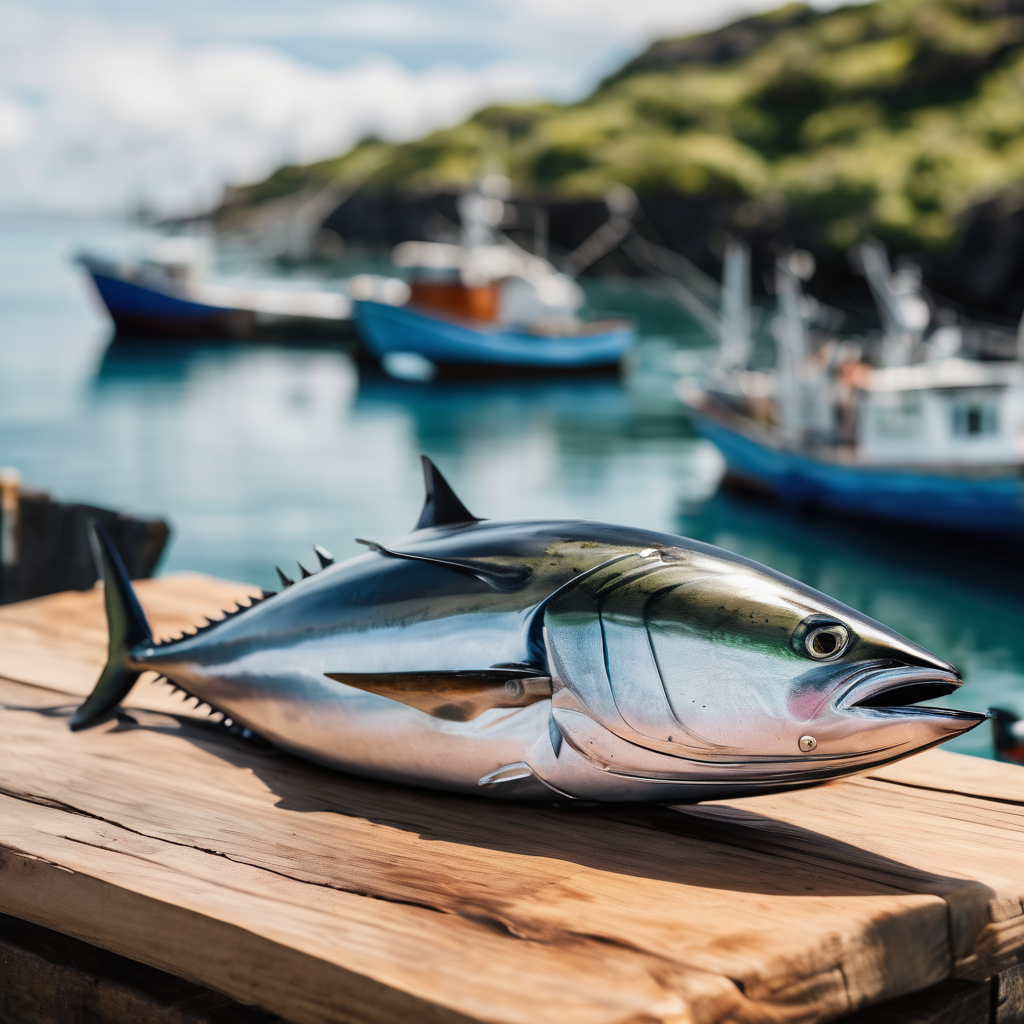Fiji is making significant strides to boost the economic potential of its tuna industry by focusing on local processing and promoting Fijian-branded tuna products. During a recent parliamentary session, Fisheries Minister Alitia Bainivalu emphasized that while the Pacific region collectively harvests approximately 1.5 million tonnes of tuna each year, much of this catch is processed offshore. This practice results in job and revenue losses for Pacific nations, highlighting missed opportunities for local job creation and equitable wealth distribution.
Fiji, uniquely positioned as one of the few Pacific Island nations with a fully domesticated longline fleet and established onshore processing facilities, is set to increase its competitiveness in key markets, including Japan, the United States, and the European Union. The government has plans to invest further in the tuna value chain and high-value seafood exports, with aims to create jobs and strengthen Fiji’s role as a central fisheries hub in the Pacific.
The recent 9th Pacific Tuna Forum, co-hosted by Fiji and Papua New Guinea, served as a stage to emphasize innovation, equity, and sustainable trade as critical factors for the future success of Pacific fisheries. This is in line with Fiji’s ongoing efforts to sustain its albacore tuna fishery through proactive management strategies that balance ecological and economic needs, as highlighted by Minister Bainivalu.
Fiji’s tuna sector is crucial to its economy, providing significant employment opportunities, especially for women working in processing roles. With a budget allocation of $24.9 million for the 2025-2026 period, the government’s investment strategy focuses on enhancing labor standards and sustainability, reinforcing its commitment to ethical practices within the industry.
Additionally, Fiji is securing access arrangements for tuna raw materials with neighboring countries and building partnerships to ensure a steady supply, reflecting a progressive approach that aims not only for immediate economic benefits but also for long-term sustainability and resilience.
Overall, Fiji’s ambitious strategy to localize tuna processing and enhance its export potential offers a promising outlook for the fisheries sector, paving the way for economic growth while safeguarding vital marine resources for future generations.
